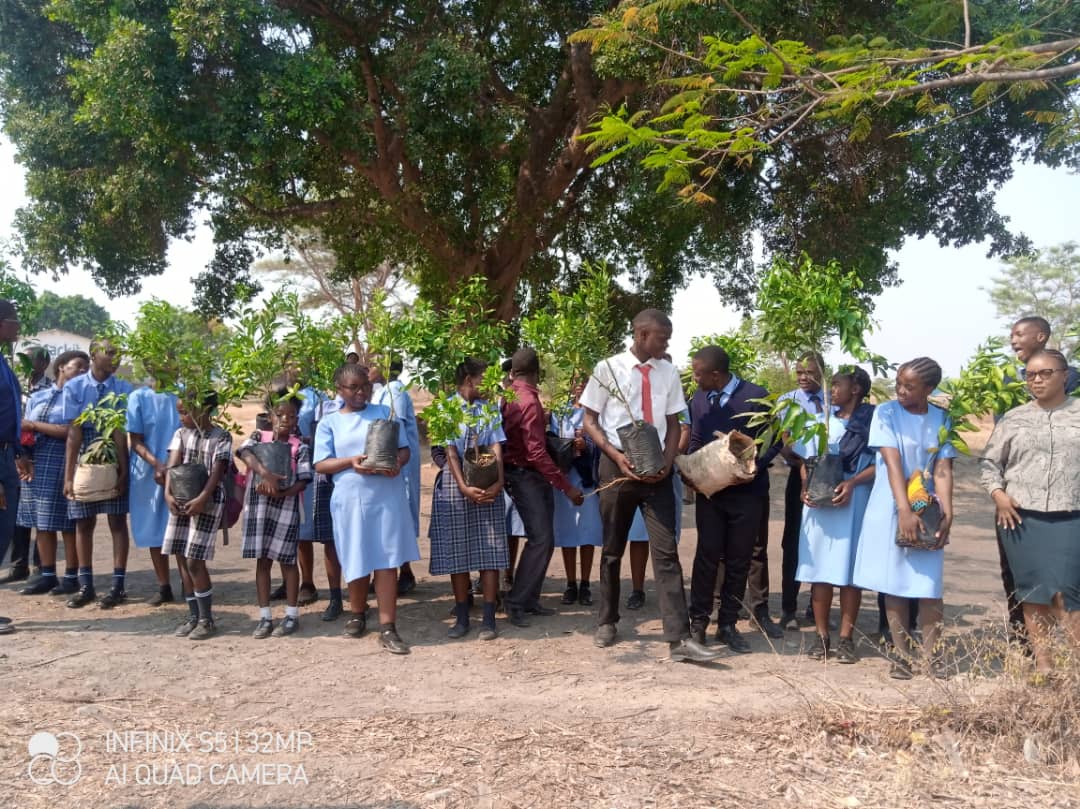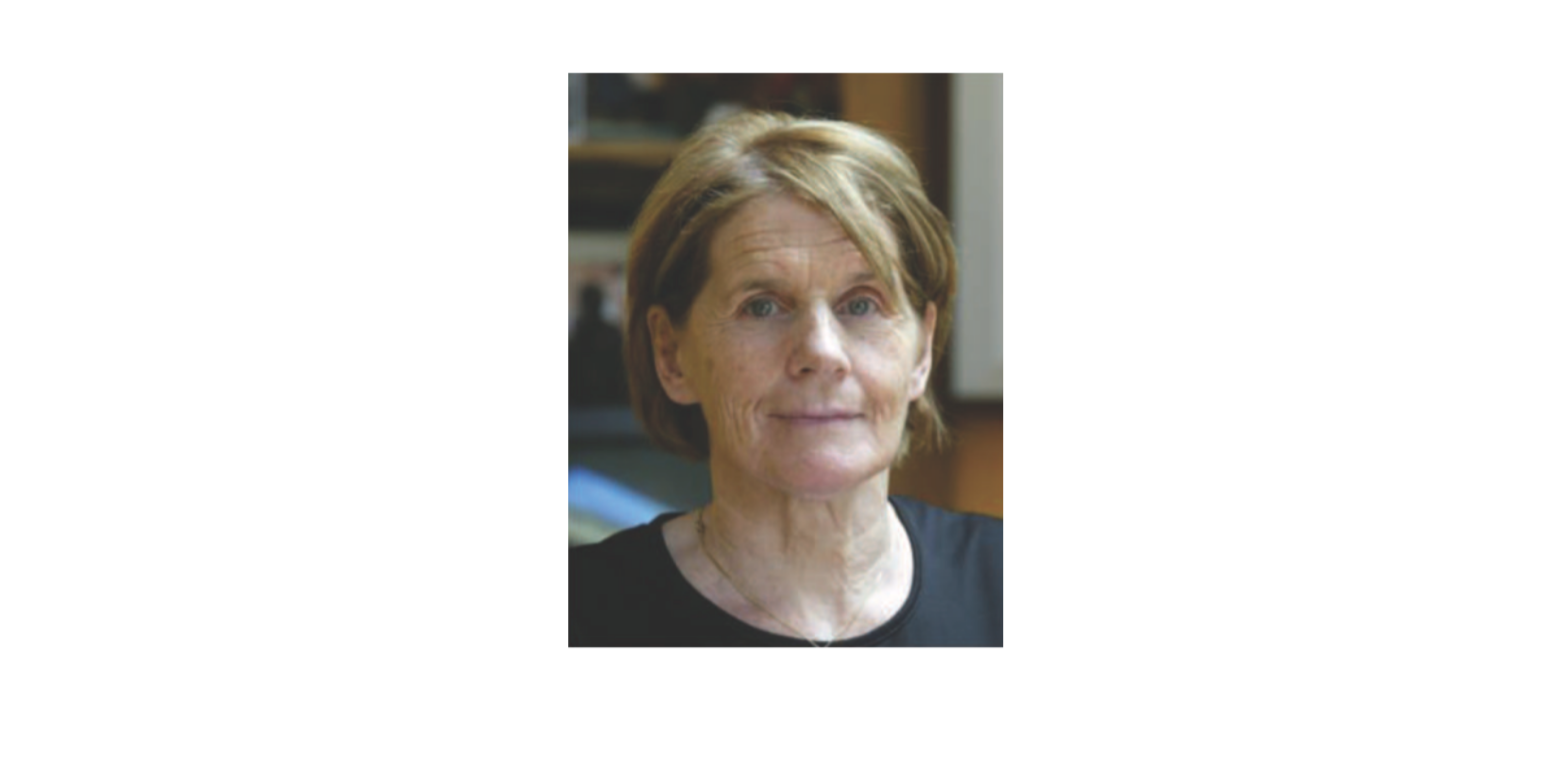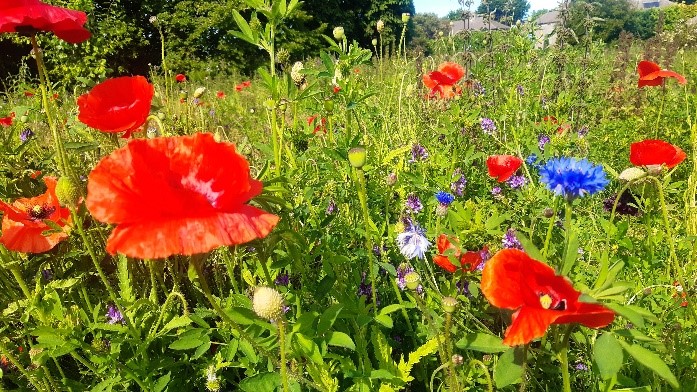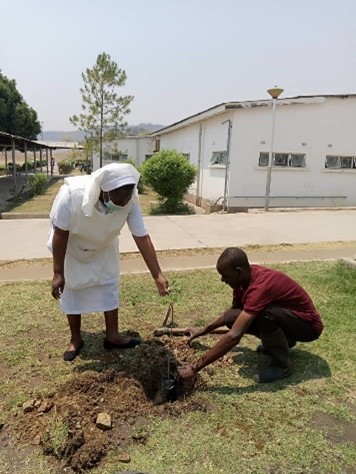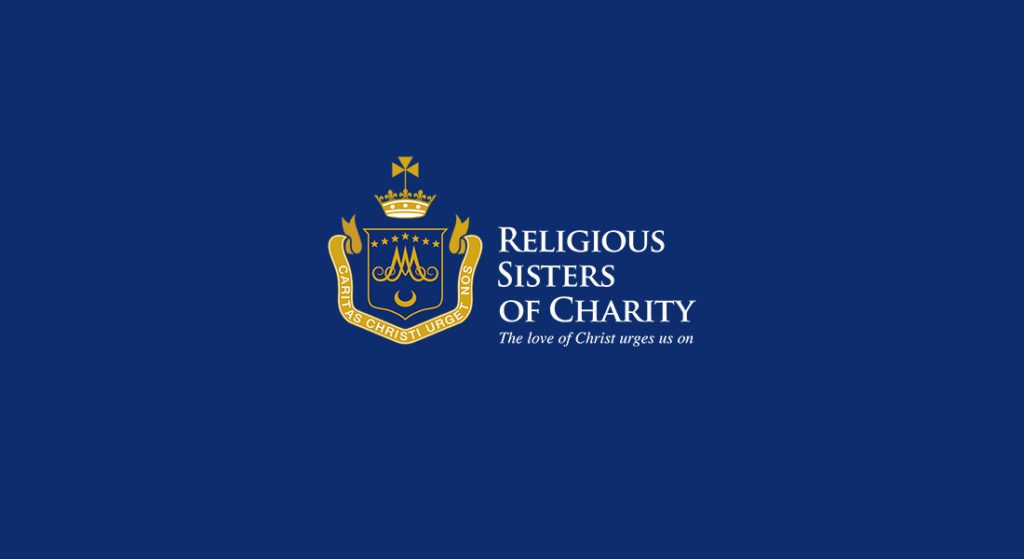
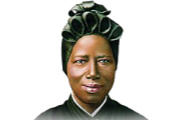 Today is the 6th International Day of Prayer and Awareness Against Human Trafficking, which is celebrated annually on the 8th of February after Saint Josephine Margaret Bakhita. Human trafficking is a form of modern slavery, women and girls can be trafficked for the purpose of sexual exploitation, boys and men are also sold for sexual exploitation. Labour trafficking and organ trafficking is also part of human trafficking.
Today is the 6th International Day of Prayer and Awareness Against Human Trafficking, which is celebrated annually on the 8th of February after Saint Josephine Margaret Bakhita. Human trafficking is a form of modern slavery, women and girls can be trafficked for the purpose of sexual exploitation, boys and men are also sold for sexual exploitation. Labour trafficking and organ trafficking is also part of human trafficking.
The Religious Sisters of Charity have provided a support service for the victims of human trafficking for almost 20 years, raising awareness on this issue too.
Saint Bakhita was born in Darfur, Sudan in 1869 and was abducted by slave traders when she was between 7-8 years old. Forced to walk 960 kilometres barefoot, she was sold twice before arriving at the destination of El Obeid. Her years in slavery were of such trauma that she forgot her own name, adopting her given slave name ‘Bakhita’.
Through her years she was bought and sold, suffering at the hands of cruel families, one even marking her 144 times with scars that she would bear for the rest of her life. This life of slavery led Bakhita to be trafficked to Italy where she worked for a family before she found herself in the care of Canossian nuns, and when she refused to return to a life of slavery, they helped her fight for her freedom in the Italian courts.
In 1890, she was baptised, confirmed and received her Holy Communion on the same day by the Cardinal Patriarch of Venice who would later become Pope Pius X. She died on the 8th February 1947 in Italy, her last words being “Yes, I am so happy: Our Lady … Our Lady!”
St Bakhita’s story of hardship and slavery is one not forgotten, it is a story that echoes experiences of many in today’s world.
Human trafficking is a form of modern day slavery and its victims are people that the Religious Sisters of Charity will support for as long as necessary.


